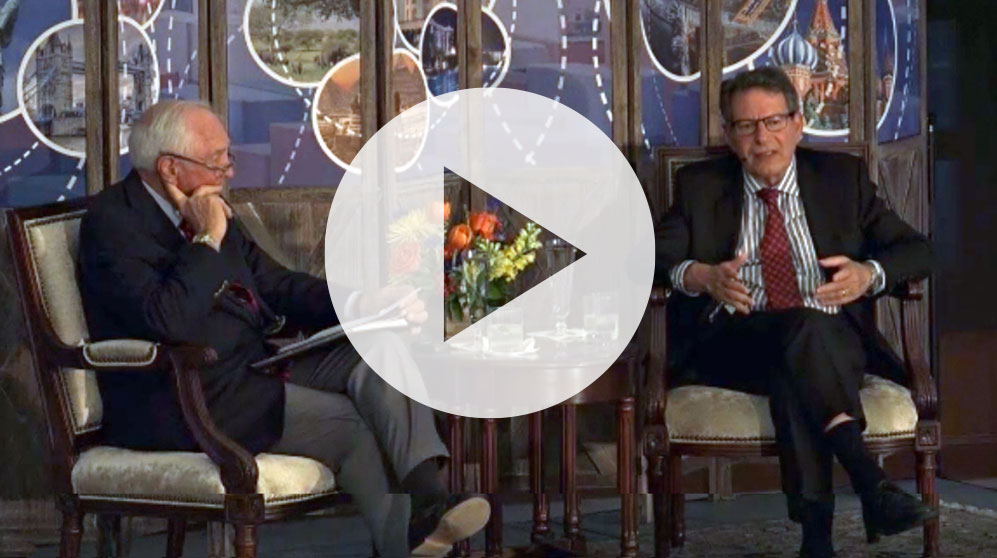Three Ways the Fed’s Soft Landing Could Turn Hard
• 3 min read
- Brief: Global Economy

Get the latest in Research & Insights
Sign up to receive an email summary of new articles posted to AMG Research & Insights.

The U.S. economy continues to run smoothly. The unemployment rate remains close to record-low levels despite higher interest rates and a sticky inflation rate that ticked up to 3.7% last month. So, will the Federal Reserve (Fed) be able to stick the “soft landing” of bringing inflation down to its 2% target with little to no slowdown in economic growth?
While indeed possible, AMG sees three potential obstacles:
For the economy to land softly, so does the labor market. To bring inflation down in a sustainable way, other prices must slow down to growth rates consistent with this lower inflation. This includes wages, which form a large part of the costs of a vast array of goods and services. Fueled by a very tight labor market, wages have continued to grow at a fast rate (over 4%), likely too high for sustained low inflation. Lowering the pressure on wage growth will likely require introducing at least some slack in the labor market. Even in an optimistic scenario, this means a slight increase in the unemployment rate, and likely some slowdown in the growth rate of the economy. If the wage slowdown does not materialize, the Fed might continue raising rates until it does. While such a slowdown would by no means have to constitute a recession, some slack in the economy is very likely needed and remains a part of any “soft landing” scenario.
Getting monetary policy just right is not easy. While higher interest rates are necessary to bring inflation under control, it is not easy to assess precisely how much tightening is needed to achieve it, nor when the rate hikes should stop. With the economy continuing to operate above its long-term potential, the Fed might have to increase rates further. However, this also increases the risk of an uncontrolled fallout. If the labor market slows down, coinciding with households depleting their pandemic-era savings, and potentially a resumption of student-debt payments, consumers might decrease their spending more than anticipated, pushing the economy into a recession. Higher interest rates also create stress in the business and financial sectors. An increase in company bankruptcies caused by higher financing costs might also lead to an economic downturn spinning out of control.
Foreign woes. So far, the U.S. economy has proved exceptional among its peers in how smoothly the disinflation process has proceeded. At the same time, Europe remains economically stagnant, and China is struggling to resolve issues in its overinvested and deeply indebted property sector. Those problems weaken consumer confidence and spending and threaten to spill over into the financial sector. Since the United States is not an isolated island, weakness in these foreign markets might soon find their way to the domestic economy, either through lower demand for American exports or through a fall in earnings of multinational companies. Any sudden developments in these foreign markets, such as a hypothetical wave of bankruptcies and financial turmoil in China, might result in a global economic downturn, from which the United States would not be immune.likely
HOW AMG CAN HELP
Not a client? Find out more about AMG’s Personal Financial Management (PFM) or to book a free consultation call 303-486-1475 or email us the best day and time to reach you.
This information is for general information use only. It is not tailored to any specific situation, is not intended to be investment, tax, financial, legal, or other advice and should not be relied on as such. AMG’s opinions are subject to change without notice, and this report may not be updated to reflect changes in opinion. Forecasts, estimates, and certain other information contained herein are based on proprietary research and should not be considered investment advice or a recommendation to buy, sell or hold any particular security, strategy, or investment product.
Get the latest in Research & Insights
Sign up to receive a weekly email summary of new articles posted to AMG Research & Insights.




